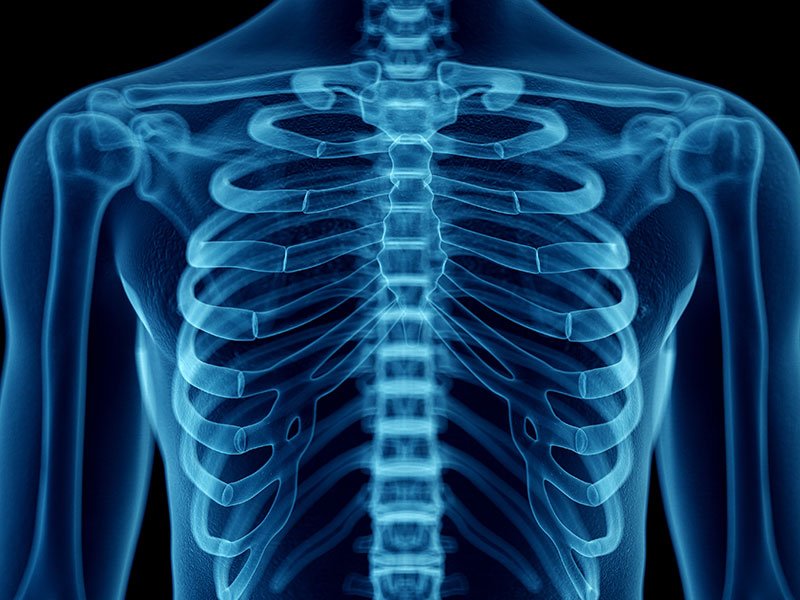Welcome the first AI-powered x-ray to the Philippines
The AI Smartscan can detect health issues in less than two minutes. (Image: Futuretimeline)
Last Monday, Filipino health startup, Advanced Abilities and the leading health maintenance organization (HMO) in the Philippines, Maxicare, presented an AI-powered solution that speeds up the x-ray procedure significantly.
Called the AI Smartscan, the artificial intelligence-powered x-ray platform provides results in minutes, eliminating the process of having to wait for results and come back the next day for a separate consultation.
“The platform can detect up to 25 chest pathologies in as fast as two minutes, including tuberculosis, Covid-19, lung cancer, and pneumonia,” said Advanced Abilities chief technology officer Christer Cruz. And with machine learning and low-emitting radiation, patients can get screened faster and more frequently.
What the system is able to do is immediately highlight healthcare concerns in the results. Advanced Abilities CEO Angelo Antonio Buendia likened the system to “autocorrect for word processing applications.” The system analyzes results based on millions of past cases and gives a recommendation. “The final say remains with the medical professional. It will not replace doctors,” Buendia added.
Maxicare CEO Christian Agros explained that the platform aids radiologists with readings as well as physicians in providing medical consultation for patients. He stressed that while the AI Smartscan makes procedures more efficient, the physician remains the authority in making a diagnosis.
The service is currently only available for Maxicare members. Advanced Abilities said they are also working with local government units so that the AI Smartscan may make its way to hospitals in the future.
The technology took more than seven years to develop through a group made of Filipino, Indian, and Japanese developers and a partnership with the US Agency for International Development. It makes use of AI and machine learning, and taps a database of around six million images to provide results. The system is also flexible and could later be adapted to other medical procedures such as CT scans and mammography. It’s the first of its kind in the Philippines.
It’s clear that AI offers advantages over traditional analytics and clinical decision-making techniques. Learning algorithms can become more precise and accurate, allowing humans to gain unprecedented insights into diagnostics, care processes, treatment, and patient outcomes. Healthcare organizations and even patients may find more efficient care processes that produce better diagnoses, higher rates of satisfaction, and success on both sides of the patient-provider relationship.
But as with any form of technology, along with it comes privacy concerns, biases, man vs. robot issues, and the question everyone seems to be asking these days, who will be held accountable if something bad happens?


